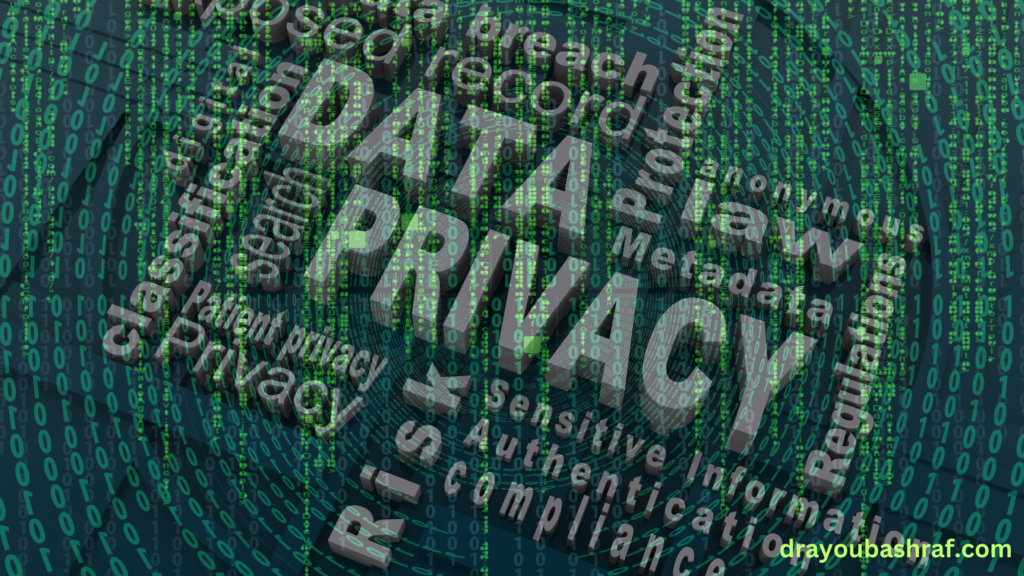Introduction
Imagine walking into a bank and being told you can’t access your own account balance. Sounds absurd, right? Yet, in healthcare, this is exactly what happens to patients every day. Despite being the ones whose lives depend on medical data, patients often have little to no access to their own health records.
For decades, hospitals, insurers, and healthcare providers have controlled patient data, limiting access to test results, medical histories, and doctor’s notes. But with the rise of digital health, AI, and patient advocacy, the conversation is changing. Shouldn’t patients own their medical data?
1. The Problem: Why Patients Struggle to Access Their Own Health Records
Despite living in a data-driven era, many patients still face barriers when trying to retrieve their medical information. Some of the biggest challenges include:
- Medical records locked behind hospital systems – Patients must submit requests and wait weeks for access.
- Fragmented data across multiple providers – Different hospitals and clinics store records separately, leading to incomplete patient histories.
- Doctors reluctant to share notes – Some physicians believe patients will misinterpret or overreact to their records.
- Lack of transparency in healthcare pricing and treatment options – Patients often receive bills without fully understanding what they’re paying for.
This outdated approach leaves patients disempowered, uninformed, and at risk of medical errors.
2. Why Medical Data Ownership Matters
The argument for patient data ownership isn’t just about convenience—it’s about better health outcomes, informed decision-making, and medical transparency. When patients have full access to their health data, they can:
- Take control of their treatment – Informed patients are more likely to ask the right questions and make better healthcare choices.
- Prevent medical errors – Access to medical histories can reduce duplicate tests, medication conflicts, and misdiagnoses.
- Share records with specialists seamlessly – Patients can ensure that all their doctors are on the same page when managing complex conditions.
- Engage in preventive care – Having access to lab results, imaging reports, and genetic data allows patients to detect health risks early and take proactive steps.
3. The Rise of Patient-Controlled Health Records
With advances in digital health technology, patients are now demanding greater control over their medical information. Some of the biggest trends pushing this movement forward include:
- The OpenNotes Initiative – A movement encouraging healthcare providers to share visit notes with patients. Studies show that patients who read their doctor’s notes are more engaged in their care and experience better outcomes.
- Wearable devices and remote monitoring – Smartwatches and health apps allow patients to track vital signs, glucose levels, and ECG readings in real-time, generating medical data independent of hospital systems.
- Personal Health Record (PHR) Platforms – Companies like Apple Health, Google Health, and Epic MyChart are enabling patients to store and access their medical records digitally.
4. Challenges in Shifting to Patient-Owned Health Data
While the idea of patient-controlled medical data is gaining momentum, there are still major hurdles to overcome:
- Healthcare resistance – Some doctors and hospitals worry that full transparency could lead to patient anxiety or misinterpretation of data.
- Lack of interoperability – Many EHR (electronic health record) systems don’t communicate with each other, making it difficult for patients to consolidate their medical history.
- Privacy and security concerns – Storing health data digitally increases the risk of cyberattacks and unauthorized access.
5. How Healthcare Providers Can Support Patient Data Access
For healthcare to truly be patient-centered, organizations must break down barriers and empower patients with their own medical information. Steps providers can take include:
✔ Implement full access policies – Give patients access to their complete medical records without delays or restrictions.
✔ Educate patients on their health data – Provide guidance on how to interpret lab results and medical reports.
✔ Adopt patient-friendly digital health platforms – Encourage the use of secure apps that give patients control over their data.
✔ Enhance data security measures – Ensure patient records are protected while enabling seamless sharing across providers.
Final Thoughts
The days of keeping patients in the dark about their own health are coming to an end. Medical data should belong to the patient—not just the hospital or insurer.
As technology evolves and patient advocacy strengthens, healthcare systems that embrace transparency, digital access, and patient empowerment will lead the future of medicine.
Follow for More Insights:
🔗 Follow on LinkedIn: https://www.linkedin.com/in/muhammad-ayoub-ashraf/
🌍 Visit the website for more insights: www.drayoubashraf.com
▶ Watch on YouTube: https://www.youtube.com/@HealtheNomics


